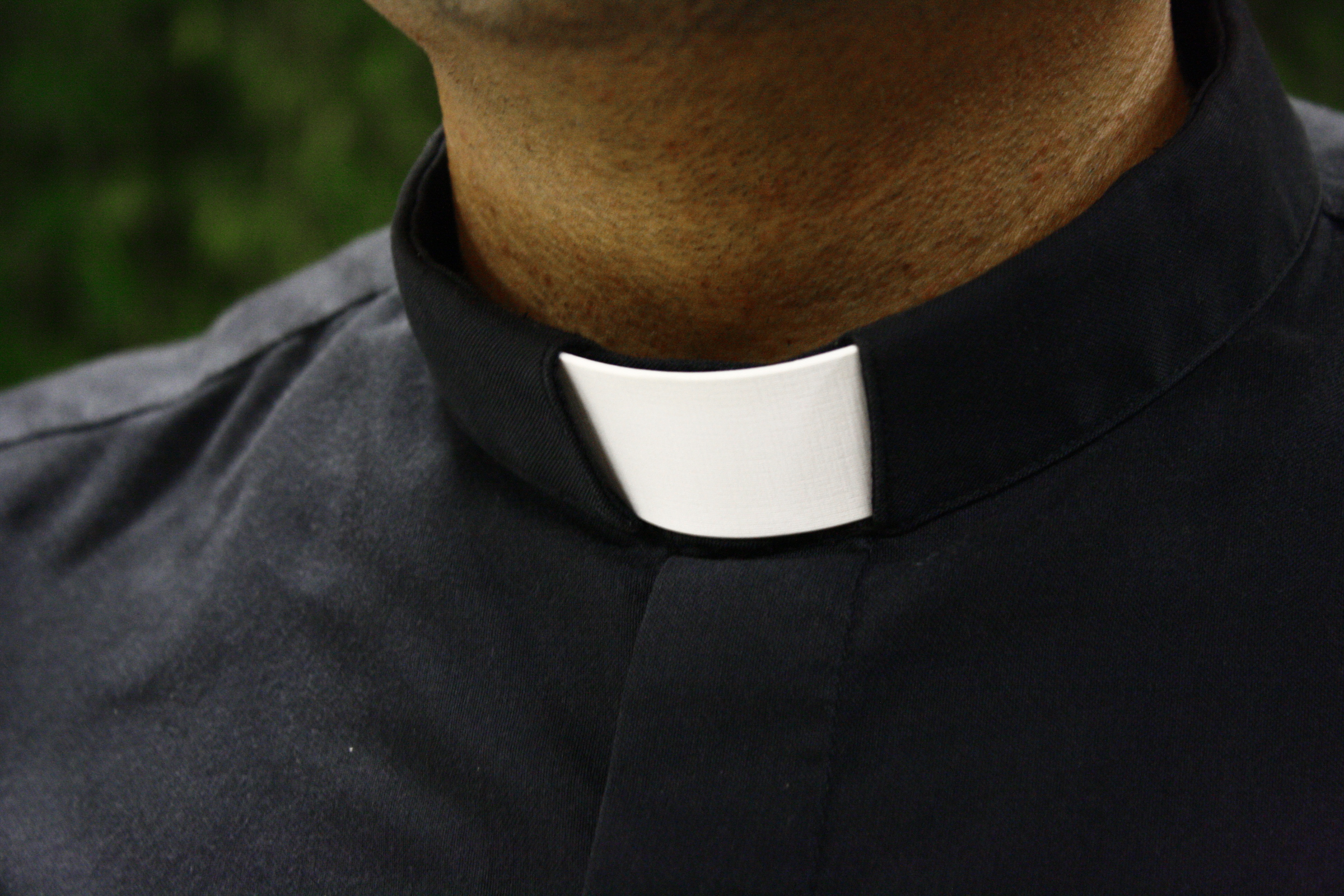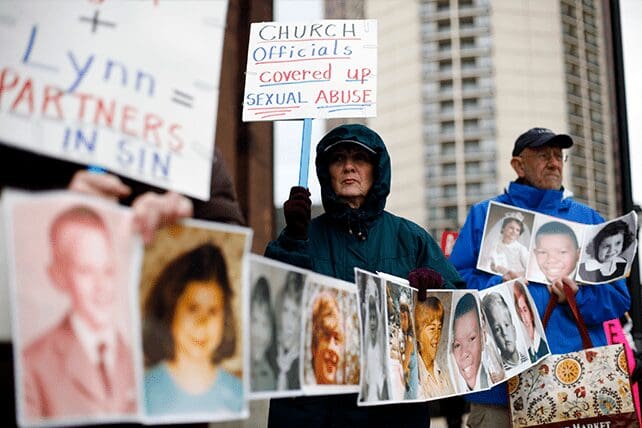Half of priests and those in formation said their formation program gave them the tools they needed for living a celibate life without denying their sexuality. Of this 50%, all were Jesuit-educated; none were diocesan priests or students in diocesan seminaries.
Large majorities in the study rejected “simple correlations between homosexuality or celibacy and (clergy perpetrated sex abuse).” Only 11 respondents named homosexuality and only four named celibacy as a factor in clergy-perpetrated sex abuse, according to the report.
Among the survey’s participants, 40% of priests and men in formation for priesthood identified as homosexual or bisexual, the report found. Officially, the priesthood is limited to heterosexual men.
“The concentration of gay men in the priesthood cannot be overlooked because most priests are not able to be open about their sexual orientation, and some may consciously or unconsciously seek out priesthood as a way of avoiding or repressing their sexuality, making healthy celibacy extraordinarily difficult,” the report read.
When pertaining to gender, fewer than half (48%) of participants in the study named patriarchy as a significant factor in clergy sex abuse. “Very few” participants discussed the role of gender when asked about the relationship among gender, sexuality and sexual abuse in the church, according to the report.
Just over 50% of Jesuit-educated respondents and about 40% of non-Jesuit-educated respondents said that men and women participated equally in their academic classes and were shown equal respect. About two-thirds at Jesuit schools and a little fewer than 50% at non-Jesuit schools reported equal respect for female professors.
Fewer than 30% said they had encountered gender or sexuality studies in an academic setting.
Clericalism was identified as a looming problem in the report. Clergy, lay and religious participants discussed “various versions of authoritarian management, all of which are linked by an excessive exercise of positional power.”
Others described numerous “disorganized” management styles, with one lay respondent describing her priest’s management style as “benign neglect tending toward chaos and toxicity.”
Lay people and religious see their priests differently than the priests in the report see themselves. When asked if they welcome constructive criticism about preaching, 80% of priests and 87% of deacons said they did. However, only 9% of the laypeople and the nuns in the report agreed that clergy are receptive to criticism, while 52% disagreed.

Photo courtesy of Creative Commons
“Lay people are conditioned by structural clericalism to believe that they can’t ask the question, they can’t approach the father with their concern about the homily, or they can’t bring this administrative or budgetary concern before the priest because, you know, he’s in charge,” Schutz said. “We’ve all been conditioned over the course of our lives to see the priest in that way.”
Thomas G. Plante, a professor of psychology and religious studies at Santa Clara University, described the report as an “ambitious project,” but said that, given the limitations of the people who participated, it’s important “not to over generalize.”

